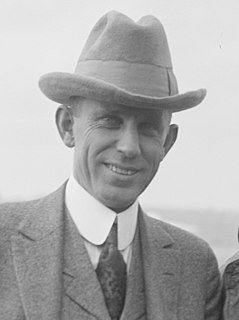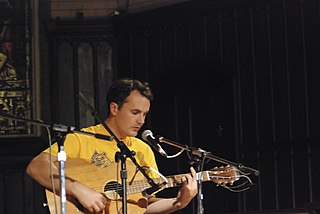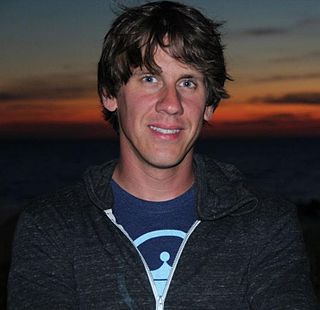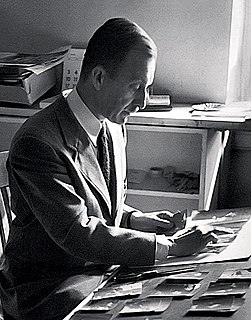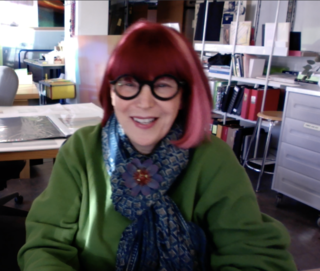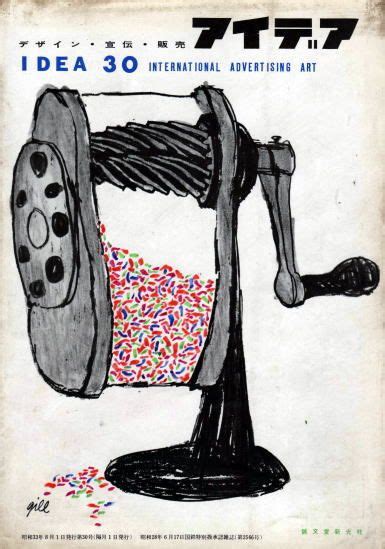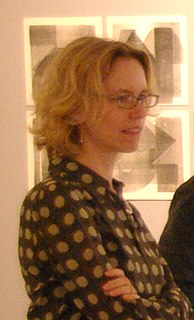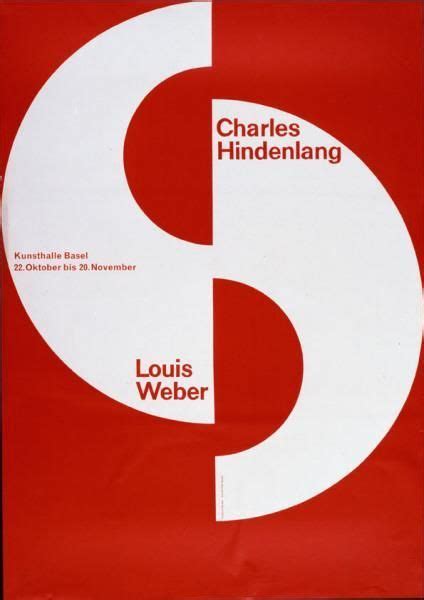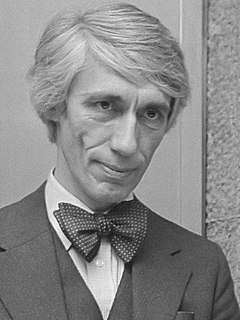A Quote by Paula Scher
Related Quotes
Theologians will protest that the story of Abraham sacrificing Issac should not be taken as literal fact. And the appropriate response is twofold: first, many, many people even to this day, do take the whole of their Scripture to be literal fact, and they have a great deal of political power over the rest of us, especially in the United States and in the Islamic world. Second, if not of literal fact, how should we take the story? As an alagory? Then an alagory for what? Surely, nothing praiseworthy. As a moral lesson? But what kind of morals could one derive from this appalling story?
Whenever you find a preacher who takes the Bible allegorically and figuratively...that preacher is preaching an allegorical gospel which is no gospel. I thank God for a literal Christ, for a literal salvation. There is literal sorrow, literal death, literal Hell, and, thank God, there is a literal Heaven.
I suspect losing paper maps but gaining GPS and online maps is a similar step function: maps still exist, but they're vastly more useful, not to say permanently up to date, in their new form. Again, I won't be shedding any tears, but I'll keep a paper road atlas in the back of my car for another few years, I think, Just In Case.



